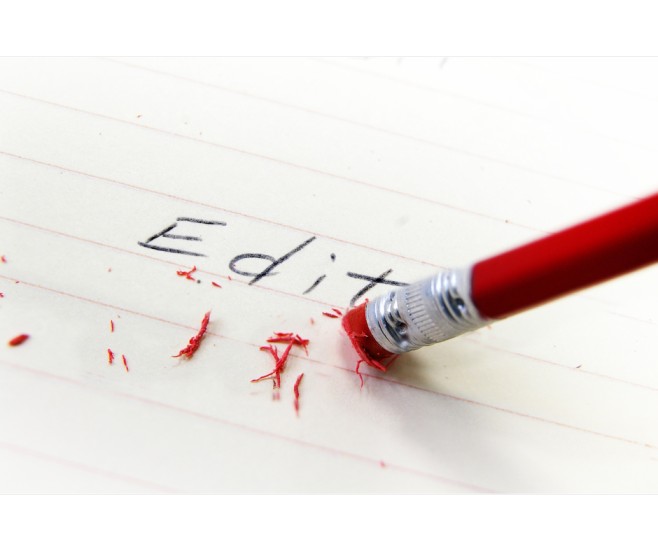One essential step in the self-publishing journey is to find an editor who will help you take your manuscript to its best possible form. To achieve this, you need to be able to evaluate the free sample edit provided to you by potential editors. This post, therefore, aims to guide self-publishing authors to master the art of assessing a free sample edit. As a rule of thumb, pay attention to the editing style and tone, correctness and consistency, structural feedback and communication and punctuality. These cardinal aspects will help unlock the true potential of your book and pave the way for self-publishing success.

Hone your manuscript’s voice
Your manuscript possesses a unique voice. Thus, even a slight alteration in the tone and writing style may result in two different authors appearing on the same page. Here is the solution: find a professional editor to preserve and enhance your voice and writing style. To engage your audience and showcase your voice, your editing style and tone must be consistent throughout the manuscript.
This implies that when reviewing the free sample edit, you should check how the editor’s suggestions harmonize with your manuscript’s intended style and tone. For instance, you could ask yourself the following:
- Do the suggested edits maintain the originality of my voice?
- Are they in line with the genre and intended audience?
Remember, the main objective here is not to dilute your manuscript. The goal is to refine it and make it shine even brighter.
Polish your prose
Four million books are published annually, meaning about eleven thousand books are published daily. In such a competitive industry, this may point to every author’s nightmare — your book never reaching the readers due to immense competition. Therefore, the quality of your prose may play a pivotal role in captivating readers and cementing your credibility as an author. When evaluating the free sample edit, check if the editor ensured the correctness and consistency of your manuscript to avoid embarrassing typos and other errors. Copyediting usually entails this type of editorial intervention.
Grammatical errors and inconsistencies are serious disruptors and may diminish the impact of your writing. Therefore, note whether the editor’s revisions support grammar, punctuation and spelling while sustaining consistency throughout your manuscript.
Strengthen the foundation
A well-structured manuscript is the foundation of a compelling story or argument. When reviewing the free sample edit, one aspect that guarantees careful consideration is the structural feedback you receive from the editor. This feedback goes beyond surface-level corrections. It focuses on the overall coherence and impact of your document and is part of the editing service called developmental editing.
A seasoned editor knows the significance of narrative flow, character development and logical structure in fiction manuscripts. They will provide valuable insights and suggestions that will boost these elements. In non-fiction works, go for the feedback that offers guidance on improving your argumentation or refining ideas’ logical progression. A skilled editor will provide structural feedback that is transformative. This will, in turn, help you pinpoint the areas for improvement while providing a roadmap that will elevate your manuscript to new heights. Here is the trick. Embrace their suggestions as much as possible and see them as opportunities for growth and refinement.
Build a partnership
A successful collaboration between you and your editor is built on effective communication and punctuality. When assessing the sample, consider how your editor conveys feedback and if they demonstrate a timely delivery. These factors lay the foundation for a productive partnership.
Moreover, clear and constructive communication is critical for a solid author-editor relationship. So, hire an editor who communicates feedback in a friendly and respectful manner and nurtures a positive and supportive environment.
Final thoughts
Self-publishing authors transform their ideas into your words. But that may not be enough, and working with an editor may be essential to polishing the manuscript. Assessing a free sample edit and finding the right editor will help refine your manuscript and propel it toward success. Therefore, carefully note the editing style and tone, correctness and consistency, structural feedback, communication and punctuality when hiring a professional editor.
Contact me for a free sample edit to check if I can help improve your manuscript (and remember to use my early bird discount). If you want to hear more from me, including self-editing and writing tips, follow me on Mastodon, Twitter, Facebook and LinkedIn or join my newsletter.

